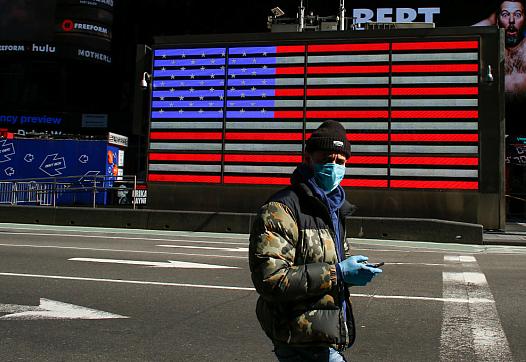
This week, we’re proud to welcome 23 journalists from around the nation to our annual 2020 National Fellowship.

This week, we’re proud to welcome 23 journalists from around the nation to our annual 2020 National Fellowship.
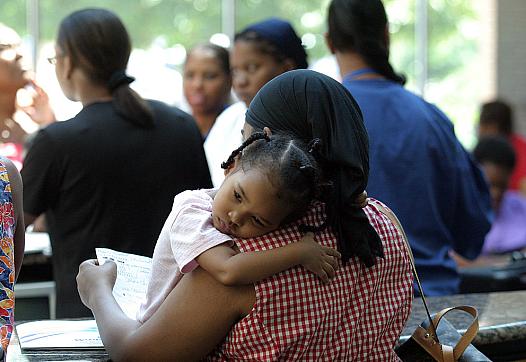
The earliest years of life play a decisive role in a child's prospects for a healthy life, explains Harvard's Jack Shonkoff.
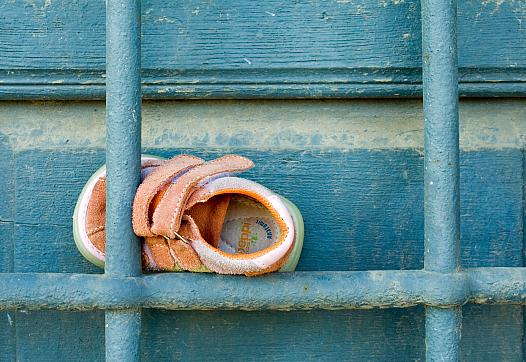
Child welfare agencies use a shadow system to remove kids from their parents’ care. Nobody knows how many children are placed this way or what happens to them in new homes.
An audio-first docuseries exploring what it means to be a Black person having a baby in the United States today.
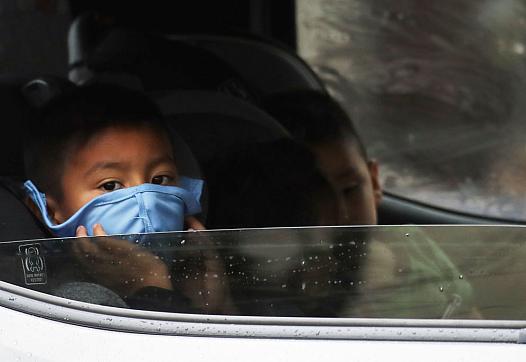
Underserved youth and the adults who care for them are wrestling with systemic inequities compounded by the coronavirus.

Advocates and experts are worried there may not be enough families willing to take children in.

"It's profit over people there," one worker said.
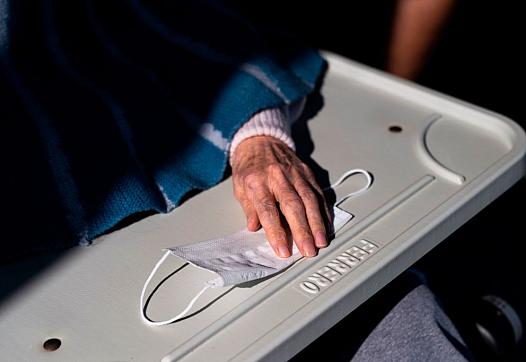
Friendship Line California relieves loneliness for older adults isolated at home. That makes it easier to stay there.
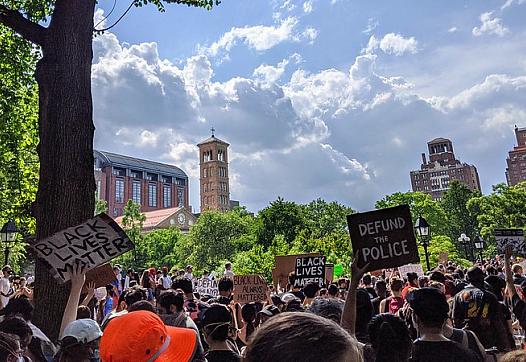
Public officials come under fire for budgets that prioritize law enforcement and shortchange community health and safety.
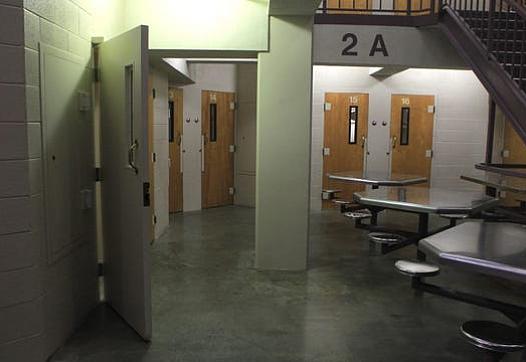
This story is produced as part of a larger project led by Matthew Brannon, a participant in the 2020 California Fellowship.